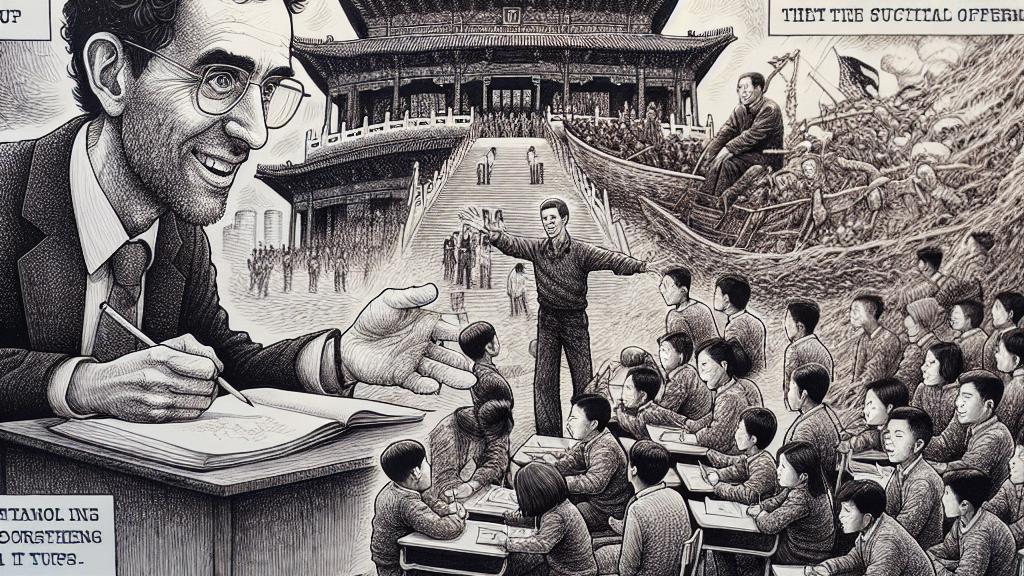Tim Walz: From Teacher to Target - GOP's China Critique Under Fire!
Overview
- Tim Walz's extensive history with China is a key election issue.
- Republican attacks are intensifying amid strained U.S.-China relations.
- Experts caution against vilifying individuals based on past foreign ties.

Origins of Walz’s China Engagement
Tim Walz, currently the Governor of Minnesota, has a notable background that includes direct engagement with China dating back to 1989. His teaching stint in Guangdong coincided with a period of significant transformation in China, allowing him to experience firsthand the country's societal dynamics. Recently appointed as the Democratic vice presidential nominee, Walz's past, which includes organizing educational trips for American students to China, has drawn sharp criticism from Republican opponents. They position these connections as indicative of his alleged sympathies toward the Communist regime, reflecting a growing trend in U.S. politics where any interaction with China is scrutinized under a microscope of national security concerns.
Political Attacks and Investigations
Republican leaders have seized on Walz's connections to launch investigations into his engagements with China. The chair of the House Oversight Committee has voiced concerns over Walz's history, suggesting that it may compromise his ability to prioritize American interests. High-profile figures, such as Senator Tom Cotton, have publicly questioned Walz's motives, arguing that his long-standing ties could be detrimental to U.S. policies. However, Walz's defenders, including his spokesperson, argue that his experiences provide invaluable insights into China's political landscape and enhance his capability to advocate for human rights. This clash highlights a deeper ideological divide where personal histories with foreign nations are weaponized for political gain.
Impacts on U.S.-China Relations
The treatment of Tim Walz raises critical concerns about the consequences of viewing individuals with connections to China through a lens of suspicion. Experts argue that such generalizations can stifle productive diplomatic relations and inhibit constructive dialogue necessary for addressing global challenges. As President Biden seeks to manage an increasingly complex relationship with China, the ability to engage individuals who understand the nuances of Chinese society is critical. Avoiding polarizing narratives allows for a more inclusive approach to foreign policy, recognizing that diverse experiences can lead to better-informed decisions in navigating U.S.-China relations during an era characterized by both rivalry and mutual dependence.

Loading...